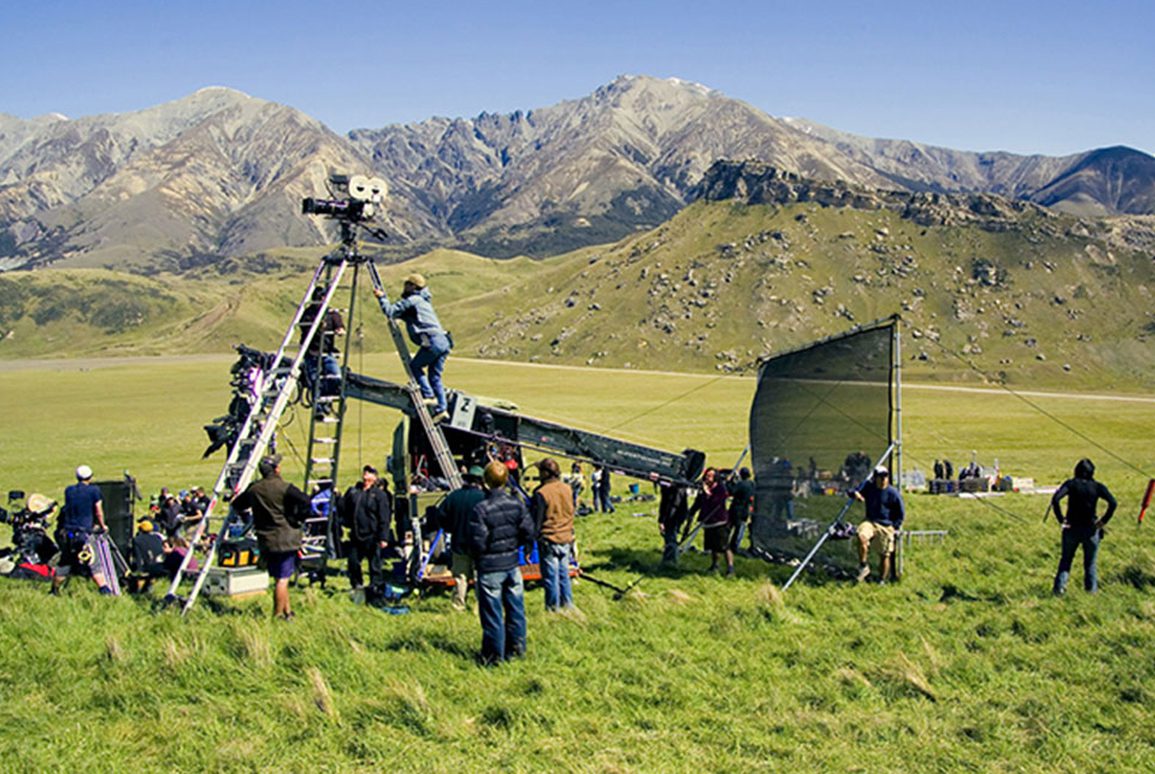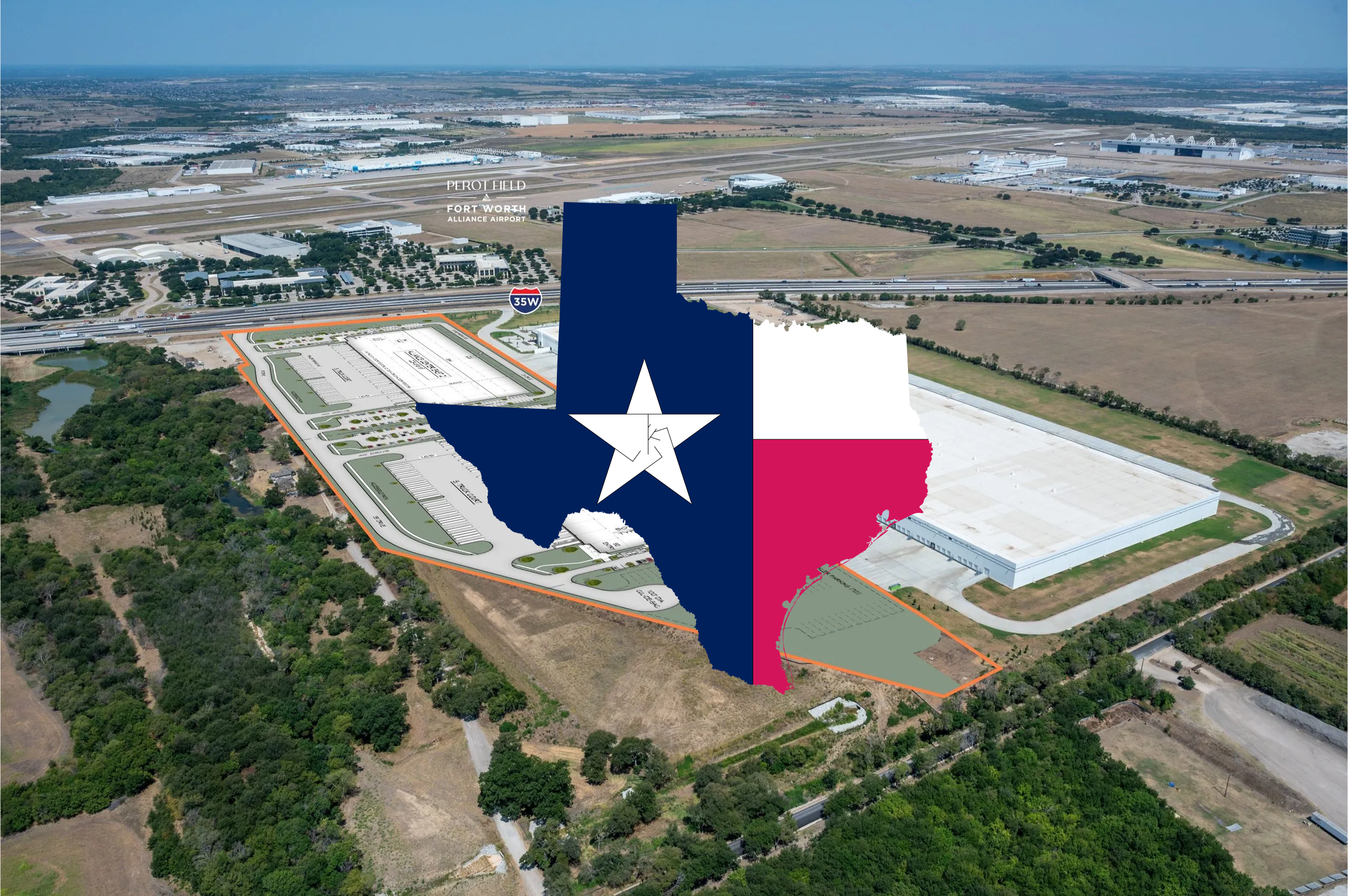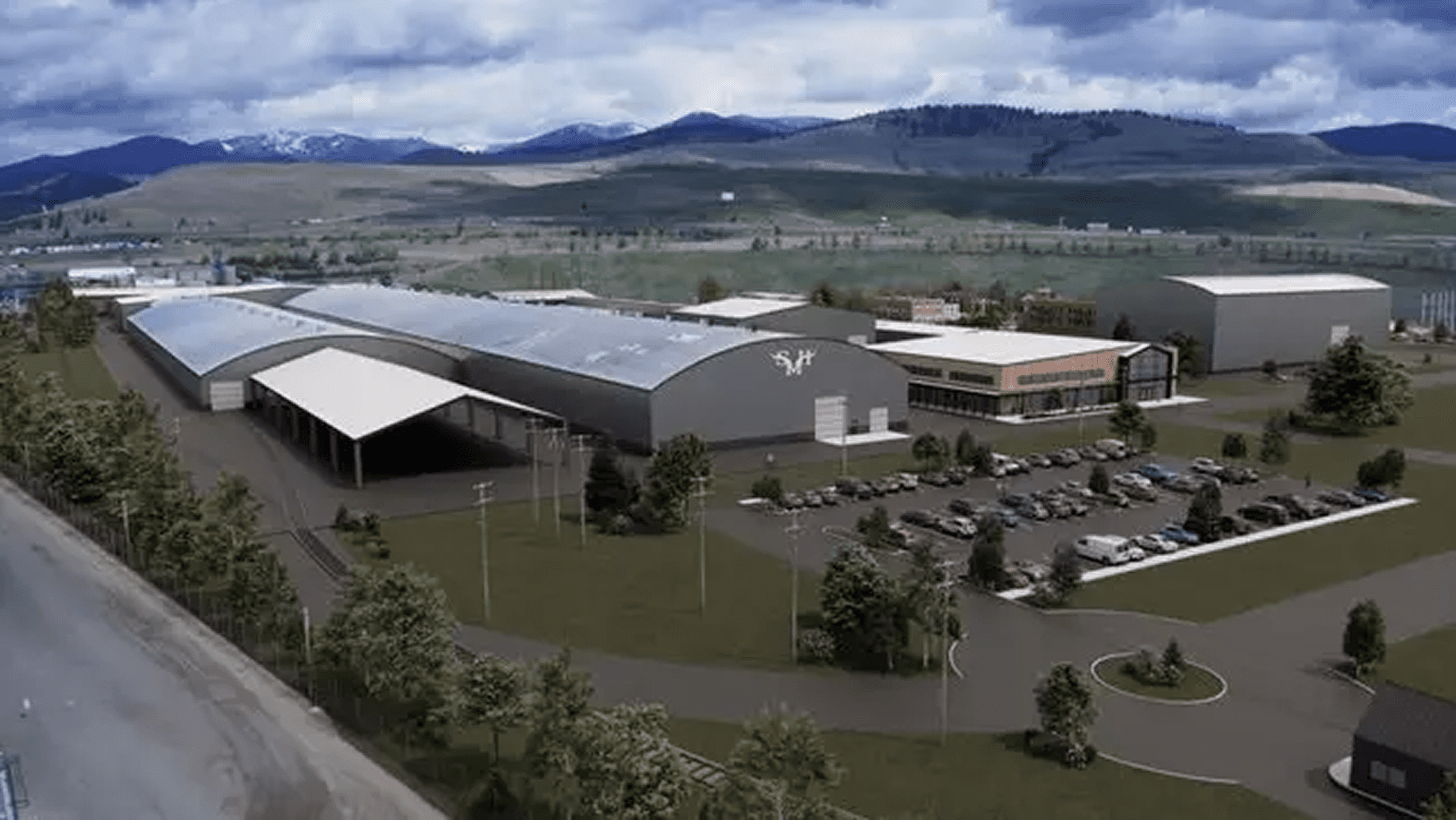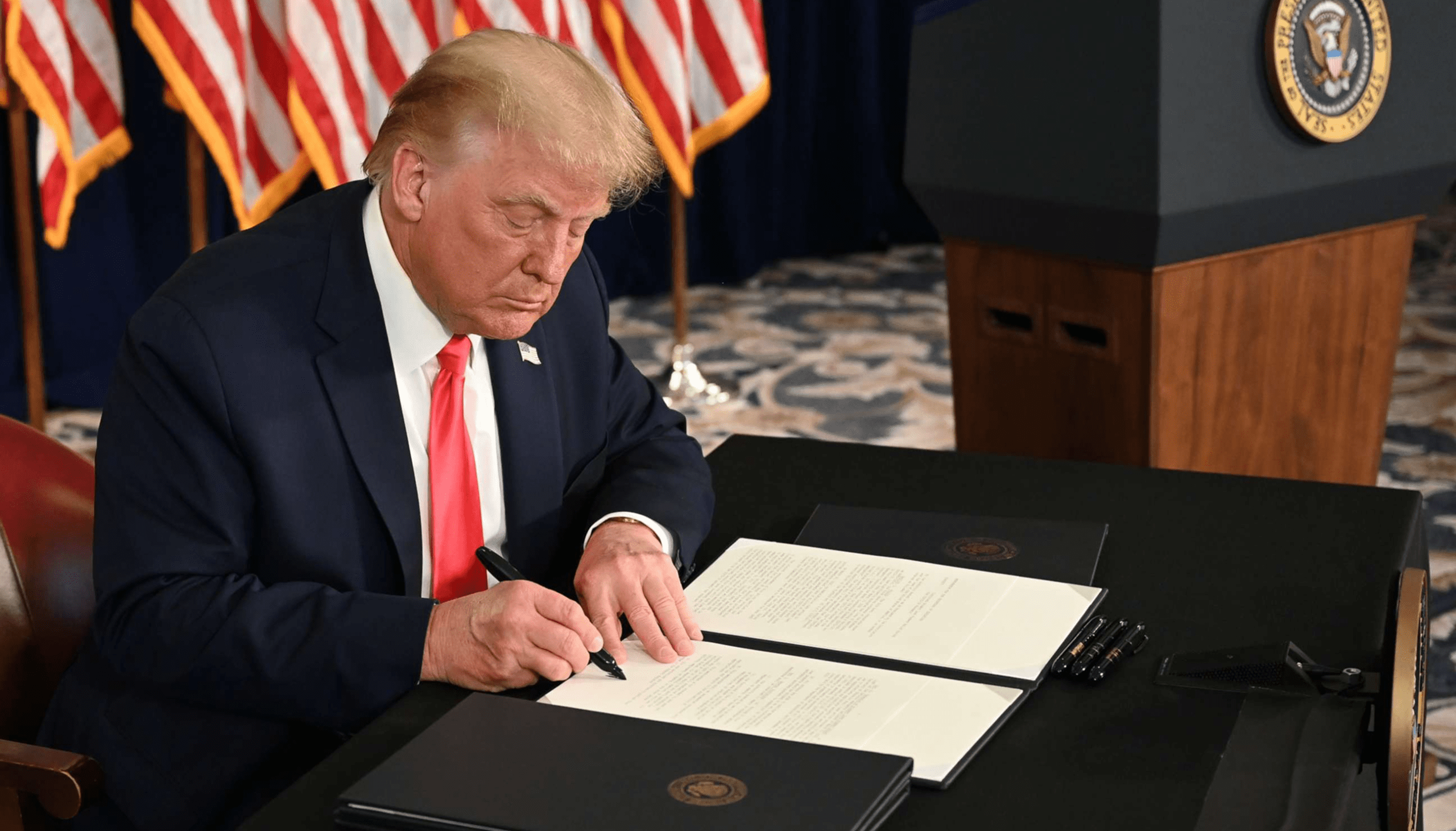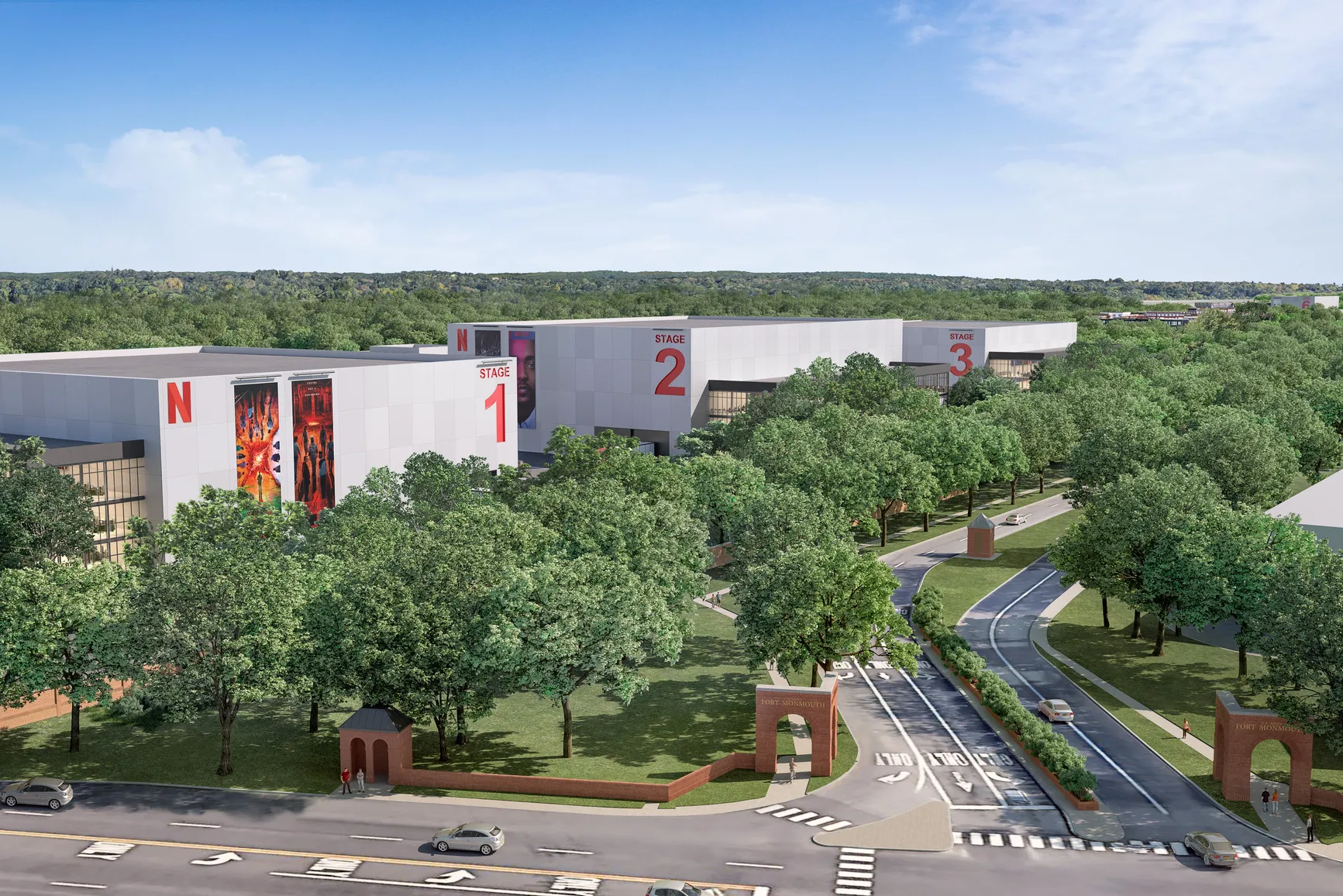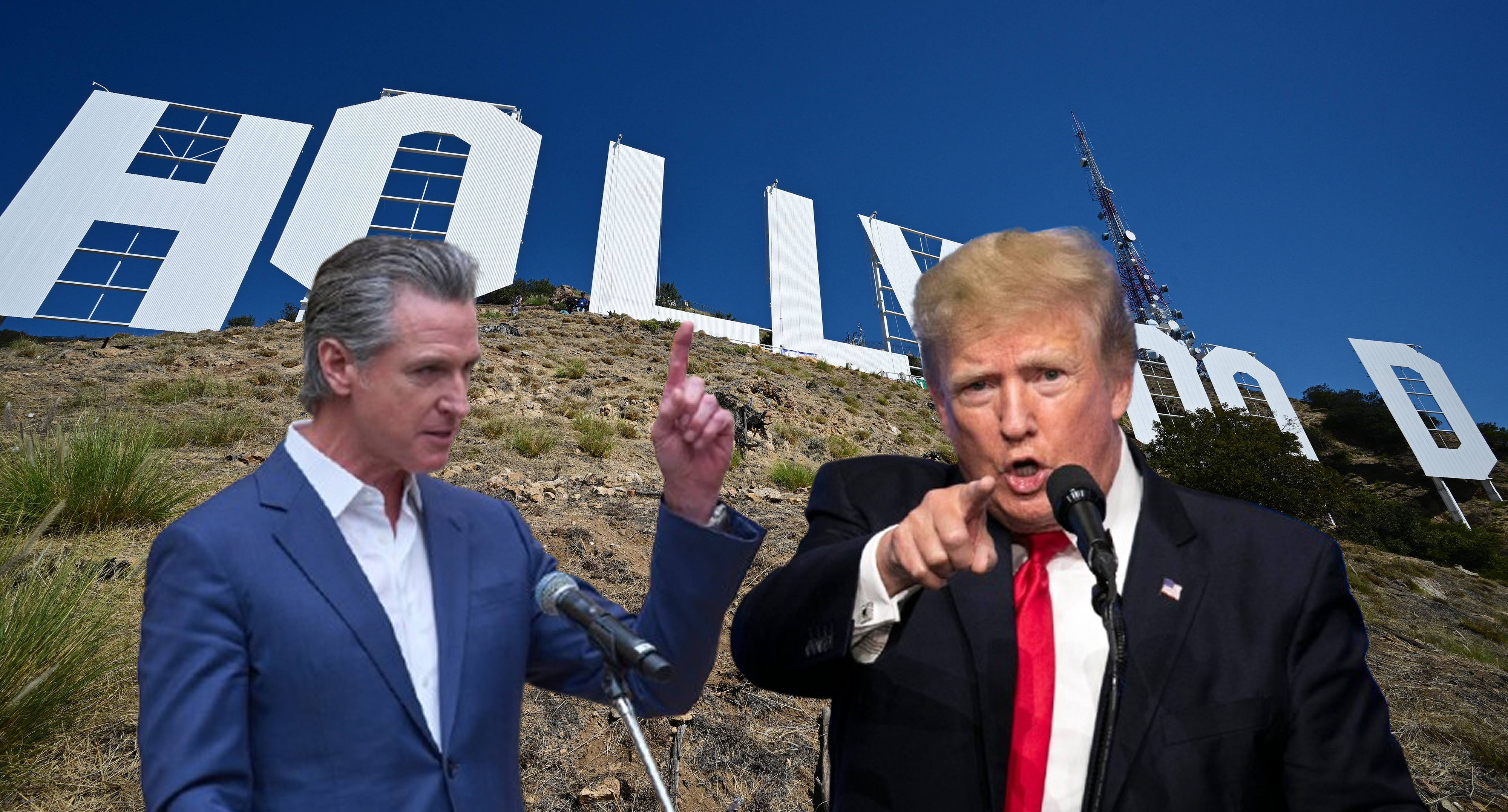
- May 16, 2025
How HBO’s Industry Is Powering Cardiff’s Creative Economy
Facebook
Twitter
LinkedIn
Threads
Email
Latest Blogs
Related News
- May 16, 2025
As U.S. President Donald Trump rolls out a controversial 100% tariff on films made outside the U.S., countries across the globe are scrambling to retain Hollywood’s business. New Zealand isn’t blinkin...
- May 15, 2025
Texas is throwing down the gauntlet in the global content race. With the recent passage of a $2.5 billion statewide film incentive plan and a major new studio development in Fort Worth, the Lone Star ...
- May 15, 2025
Montana just planted a flag in the middle of the production map.
In a bold move that blends Broadway pedigree with small-town grit, a group of entertainment investors has announced The Studios @ Stor...
- May 13, 2025
Rams owner and billionaire developer Stan Kroenke is placing a high-stakes bet on the future of production in Los Angeles with the announcement of Hollywood Park Studios — a major new soundstage and o...
- May 13, 2025
The Royal Film Commission of Jordan has unveiled a revamped and competitive cash rebate program, positioning the Kingdom as one of the most attractive filming destinations in the Middle East—and perha...
- May 13, 2025
After a near miss that left the Louisiana film industry holding its collective breath, the state’s film tax credit program has officially survived. The incentive that helped birth hits like Sinners, C...
- May 12, 2025
In a rare bipartisan moment in Hollywood, a coalition of studio executives, top guild leaders, and actor-turned-political envoy Jon Voight have joined forces to ask President Trump for expanded federa...
- May 12, 2025
Netflix is officially going Jersey. The streaming giant will break ground this week on a $903 million production complex at Fort Monmouth—a sprawling 289-acre former Army base on the Jersey Shore—as i...
- May 11, 2025
As Trump teases new tariffs aimed at punishing studios for filming overseas, California is quietly trying to win back Hollywood’s business the old-fashioned way: with a boatload of cash.
Governor Gav...
- May 10, 2025
Hollywood power players aren’t waiting for the next Trump tweet to figure out what comes next. On Friday, studio execs from the likes of Netflix, Disney, Amazon, and Warner Bros. quietly dialed in to ...






